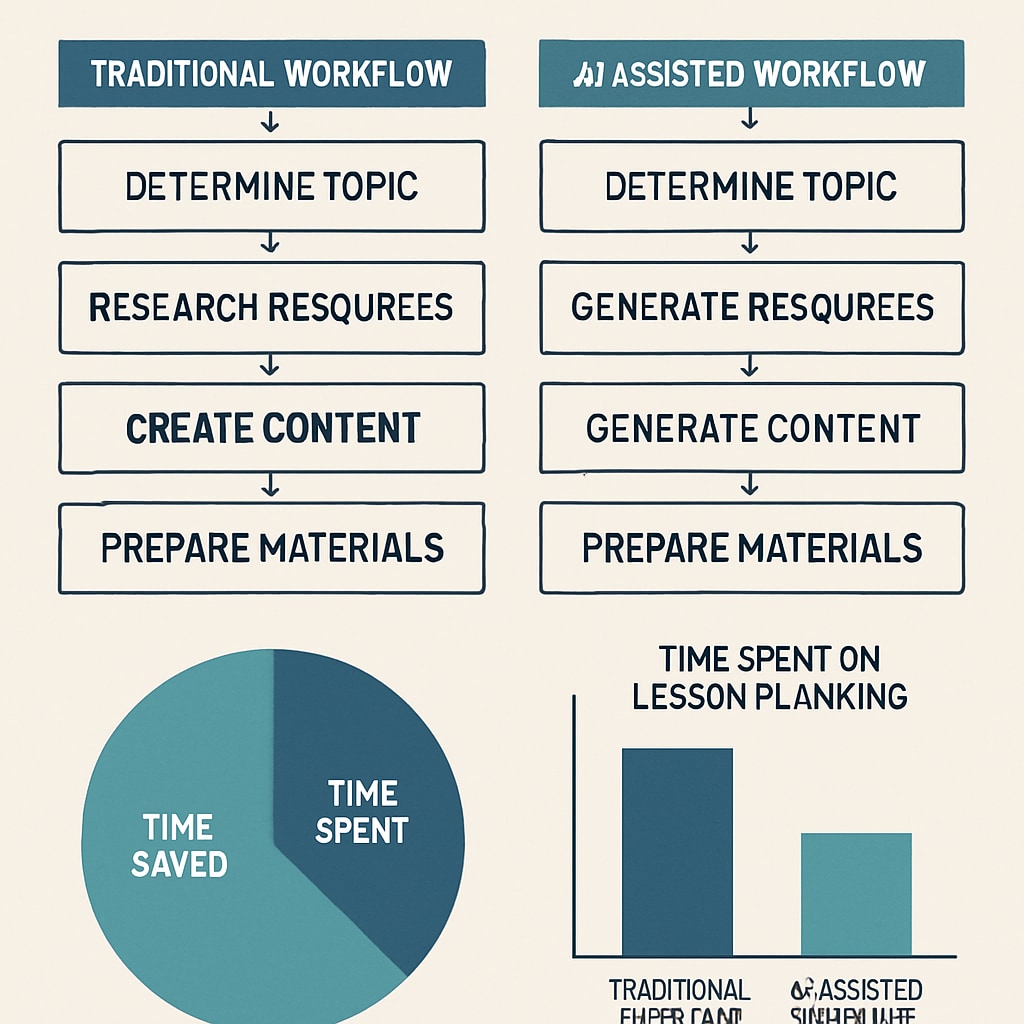AI education tools, teacher time management, and teaching assistance technology have become inseparable parts of modern K12 classrooms. According to a Brookings Institution report, 78% of educators now use some form of AI-powered assistance in their daily workflow. However, the real impact varies dramatically depending on implementation strategies and tool selection.
The Dual Nature of Classroom AI Assistants
Educational technology specialists observe two distinct patterns in AI adoption:
- Productivity boosters: Tools that automate grading, lesson planning, and routine communications
- Time sinks: Overly complex systems requiring extensive training and customization
As noted by Stanford researchers in their 2023 AI Index Report, the most successful implementations focus on specific pain points rather than attempting complete classroom automation.

Strategic Implementation for Maximum Efficiency
Experienced educators recommend these practical approaches:
- Start with single-task tools before adopting comprehensive platforms
- Establish clear evaluation metrics for any new technology
- Maintain human oversight for critical teaching functions
For example, many teachers find AI-powered writing assistants extremely helpful for providing initial feedback on student essays, while still reserving final assessments for human evaluation.
Evaluating AI Tools Through an Educator’s Lens
When assessing teaching assistance technology, consider these key factors:
- Integration time versus long-term time savings
- Data privacy and security certifications
- Adaptability to different learning styles
- Compatibility with existing school systems

Readability guidance: The most successful AI education tools complement rather than replace human teachers. By focusing on specific pain points in teacher time management, these technologies can become true productivity multipliers when implemented with proper training and reasonable expectations.


